|
I liked D'Ambrose's debut Notes on Appearance but I found The Cathedral to be pretty major. Rhythmically Bressonian with such an intimate specificity that transcends mere nostalgia. Personal yet expansive in conveying the late twentieth-century milieu, The Cathedral is an affectionate, rigorously-rendered portrait of a middle-class white American family told through a lens of reflection that beautifully elucidates the small moments and memories that sculpt our perceptions and inform our identity. Interweaving various defining moments of the American epoch could easily have felt cheap under a lesser filmmakers command but instead, it expands the scope of the film, contextualizing the personal experiences of D'Ambrose within the collective anxieties, whether political or economically, that largely defined a generation and our collective identity.
0 Comments
This Nelson Pereira dos Santos guy is a pretty essential filmmaker huh? In a certain regard, Barren Lives is more minimalist conceptually than his earlier films I've seen (Rio, North Zone & Rio, 40 Degrees C.). It's less politically complex or pointed but it also feels like his most visually expressive, at least as it pertains to his use of lighting. The aesthetic is really focused on the raw, elemental power of the sun. Nature's omnipresence, one that gives and takes without reservation or acknowledgment of man, is embedded into the visual grammar of this film. Survivalism, the need for shelter, and the general struggle are beautifully rendered, and despite the assertion that this film wallows in miserablism, what it feels like to me is Pereira dos Santos aimed more to exhibit the plight of so many and when considered in the context of his other two films, I found it to be a beautiful, albeit difficult social-realist experience. The diasporic plight of the man in the age of industrialization, the shift from agrarian fields to the industrialized cities, is told through a neorealist framework that combines western topography with a formal style more expressive than I expected.
Oddly scattered in some respects, attempting to profile the infectiously brash, chain-smoking Christine Choy, a documentarian and professor, while also simultaneously giving the proper weight to three other subjects - exiles from the Tiananmen Square Massacre, all part of the student movement some thirty years ago. Not particularly incisive or revelatory in its general investigation pertaining to the complexities of political economy but I found Christine Choy instrumental in keeping this film balanced yet pointed in its exploration of the incident from a humanist and personal level. Choy provides the more existential lens in her opinionated yet quietly profound quips about the tragedy, at one point quite astutely reminding the viewers of the reality that we as individuals are often sculped by external experiences that ultimately define our perceptions, our reality, and our identity. I think the film could have been significantly better and more effective if it spent more time profiling the three other subjects, refining, and building on some of its more existential notions of living which Choy seems to inhabit in a way that doesn't ultimately give in to the specificity of a moment.
Embodies the American cultural ethos in a way I was not quite expecting. The first film touches on aspects of this yet this one holistically builds upon it in the periphery - "Poker Falls', the recurring non-diegetic use of "Santa Claus is coming to town" - there is something deeper, richer here subtextually as it pertains to the American Way even while existing in the "wild wild west" epoch. Unclear to me if this is intentional or not, yet at its core, this is an over-the-top, inventive spaghetti western loaded with gadgets, visceral action, and a smooth-as-silk hero that oozes cool. Only my second in the series yet Giuliano Carnimeo's first directorial entry is felt, particularly in the general panache he deploys and the kineticism in the action that feels far more dynamic and fluid than what is typical of the spaghetti western. The first film deployed imagery that seemed to invoke the more canonized films that influenced the movement, but this film feels far more gonzo and unhinged due to its more expansive story and general style. The first film, for my money, is more engaging narratively and dramatically but this film brings the action.
Strikes the right balance between not openly embracing any victimhood narrative while authentically demystifying sex work and the industrial mechanisms which produce and commodify carnal pleasure. Authenticity is a core tenet of Pleasure and it is effective in its exhibition and de-glamorization of porn, strengthened by a potent lead performance and characterization that retains her agency yet like anyone else is influenced and affected by external pressures, expectations, etc. Ultimately, I just didn't find this film to transcend beyond its aims at authenticity, as the emotional arch simply feels inconsequential or even paint-by-the-numbers in terms of the character's journey to self-realization and discovery. It's a solid film but I can't say it adds anything particularly new to canon, and in terms of similar films, I thought Magnus von Horn's Sweat was a stronger film when it comes to excavating underlying truths related to self-attainment and the constant conflation between one's internal needs and external pressures. I'll tell you this, A24 are a bunch of cowards lol
Farhadi remains a stellar dramatist with A Hero, his best film since A Separation, which beautifully unravels narratively to deliver a potent rumination on ethical living. Detailing a moral universe that simply isn't as straightforward or binary as we often pretend it is, A Hero wonderfully encaptures how an moral life is ultimately driven by nothing more than personal choice. The main protagonist of this story is a victim of chance, circumstance, and desperation. Every attempt he makes to control his situation fails. It is only when he acts out of selflessness, not due to concern of public perception but love for his son that he finds some semblance of peace, despite the harsh material conditions which he will continue to face. The cruelties of living are obstacles that must be navigated, some may be directly linked to our actions, others may not, but inevitably one must choose themselves to do what they believe is the right thing to do, it can not be tied to any other external factors, whether exploitative or altruistic in their perceived action. How A Hero examines the power of perception informed by social media is particularly incisive and ties into this idea of ethical living. Farhadi doesn't lazily attach negative or positive associations to the technological innovation itself, he instead pensively recognizes the power it wields over social perceptions. It hasn't created anything new, it simply exacerbates or enhances certain illusions or perceptions. The flow of information that was always a part of society has been increased substantially by technology but fundamentally speaking, nothing has changed. Social capital still grants power which is driven by the perception of others. This technology is just a new type of currency, a new tool that hasn't fundamentally redefined our social world but simply accelerated our social faults related to passing judgment. A Hero is certainly one of Farhadi's best recent efforts. Through a wonderfully rendered drama that is taut and engaging it invokes such a simple truth - despite life being hard and things not being fair it's always a choice to be kind to others.
Full Alert is imbued with nihilism informed by uncertainty. Collective anxiety obfuscates legally defined notions of morality to reveal characters entrapped by larger forces at play. Their angst, contention, and conflict are ultimately more tied to the uncertainty of the future than any form of valor or perceived ethics. Cops and criminals are merely pawns, agents who perform their role but operate within the strictures of acceptability defined by geo-politics, world-building, and nation-states. Full Alert feels like a Friedkin film in the way it recognizes the absurdity of clean distinctions between good and bad, right and wrong; The cat and mouse game between cop and criminal ultimately leads them both to a place of moral destitution, where violence is stripped of legally defined notions of acceptability and shown for what it is.
How identity is continuously malleable, forged through both internal introspection and external expectation. An acute and affecting portrait of the search for oneself that masterfully exhibits the insidious effects heteronormative social expectations can place on those attempting to reconcile and navigate affect. A Touch of Fever is attuned to how external expectation leads to repression and confusion yet it also acknowledges how comprehending, conveying, and expressing something as spontaneous and pure as emotion externally to others is tough in itself. Social norms and expectations among gender, sexuality, etc. only make our search for comprehension of oneself more difficult than it has to be. Not as narratively or thematically cohesive, layered, or wonderfully constructed as some of his later work, yet Ryosuke Hashiguchi's use of blocking throughout A Touch of Fever is masterful, exuding a consistent sense of existential longing visually - the unspoken but deeply felt feelings of these characters is palpable, and yet externalizing their internal feelings remains a consistent struggle. Such is life, whether in youth or adulthood.
Exquisitely constructed fight sequences featuring sublime fight choreography and a film grammar imbued with continuous dynamism, The 7 Grandmasters is a stellar piece of kung fu cinema. While the story itself is a bit trite, the narrative is extremely well-paced, delivering a heavy dose of kinetically composed martial arts bliss. There is an abruptness to the film's compositions of violence with The 7 Grandmasters finding great utility out of its deployment of quick-cut editing techniques and whip-zooms that enunciate the chaotic display while never losing sight of the physicality. The film's fight sequences never lose their sense of physicality, with the cinematic techniques grounding them in the earthly realm of possibility despite the otherworldly actions of these men. Martial Arts films in a sense are about mythmaking, and the 7 Grandmasters beautifully enshrouds its action with these sensibilities.
Operates on the razor's edge between self-harm and self-improvement, The Novice is astute in its recognition that external validation instead of internal growth is what often leads to psychological instability and trauma associated with the competitive mindset. Isabelle Fuhrman's really buoys this whole film which is familiar yet does enough to be distinct. Features promising authorship that effectively expresses the internal strife of its main characterization, implicitly navigating implications related to entitlement and inequality while ultimately recognizing that pernicious psychological effects are often initially inflected from within oneself, The Novice explores a lot through its generally-speaking, simplistic narrative framework, investigating competition through a more mature lens than quite a lot of films that explore similar terrain.
|
AuthorLove of all things cinema brought me here. Archives
June 2023
|
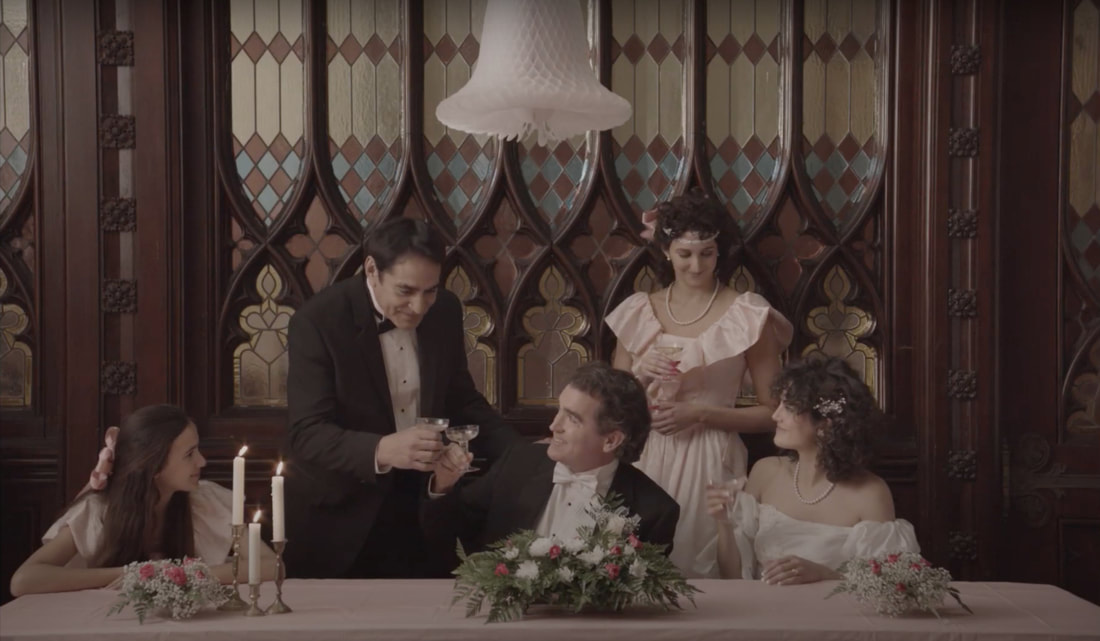
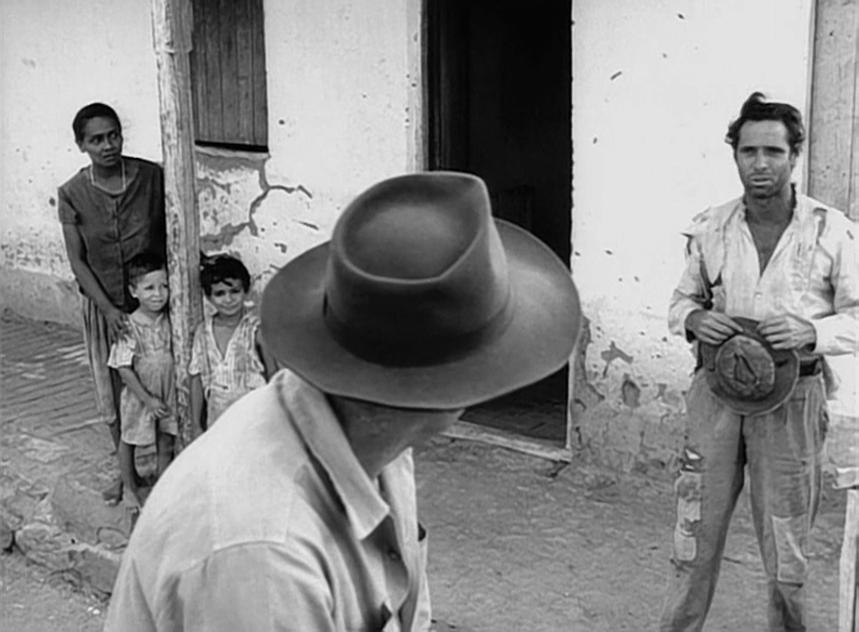
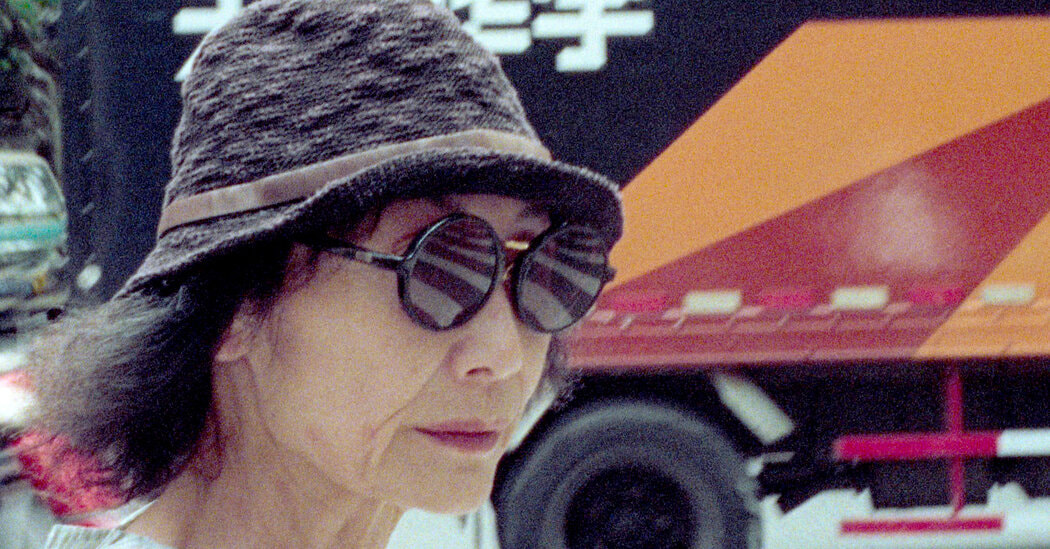
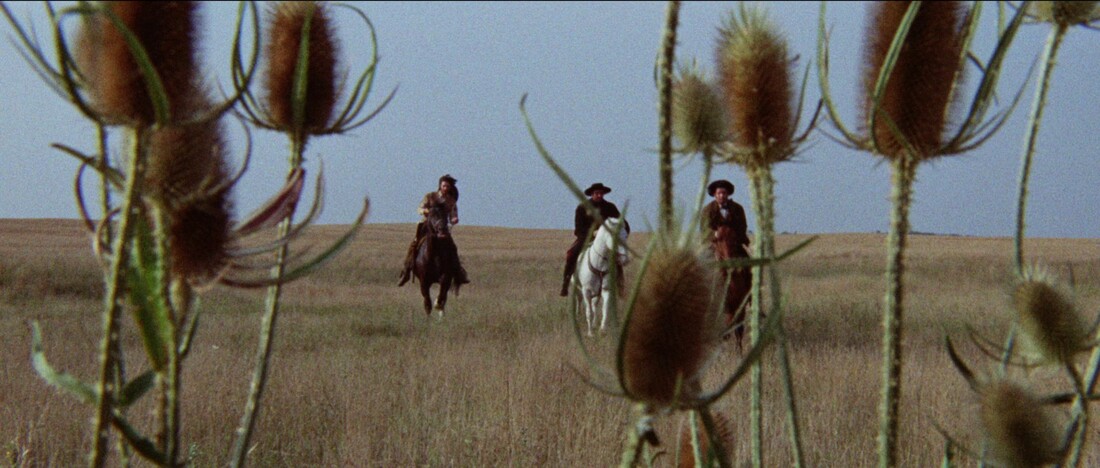
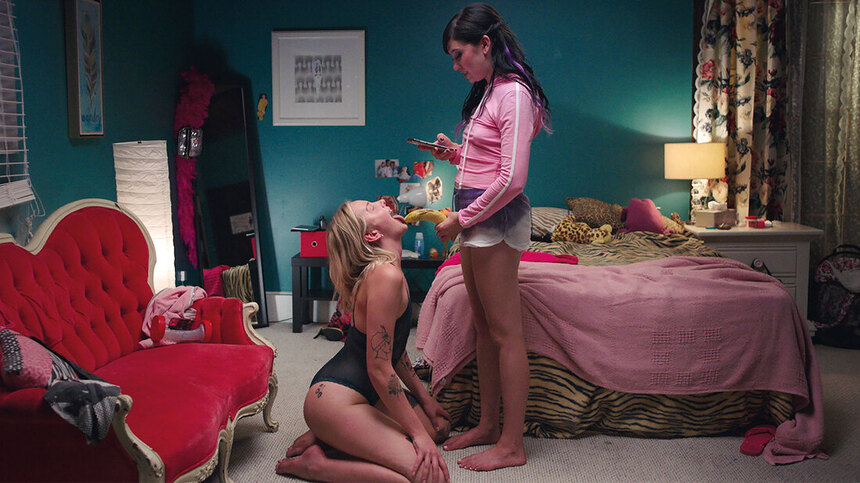
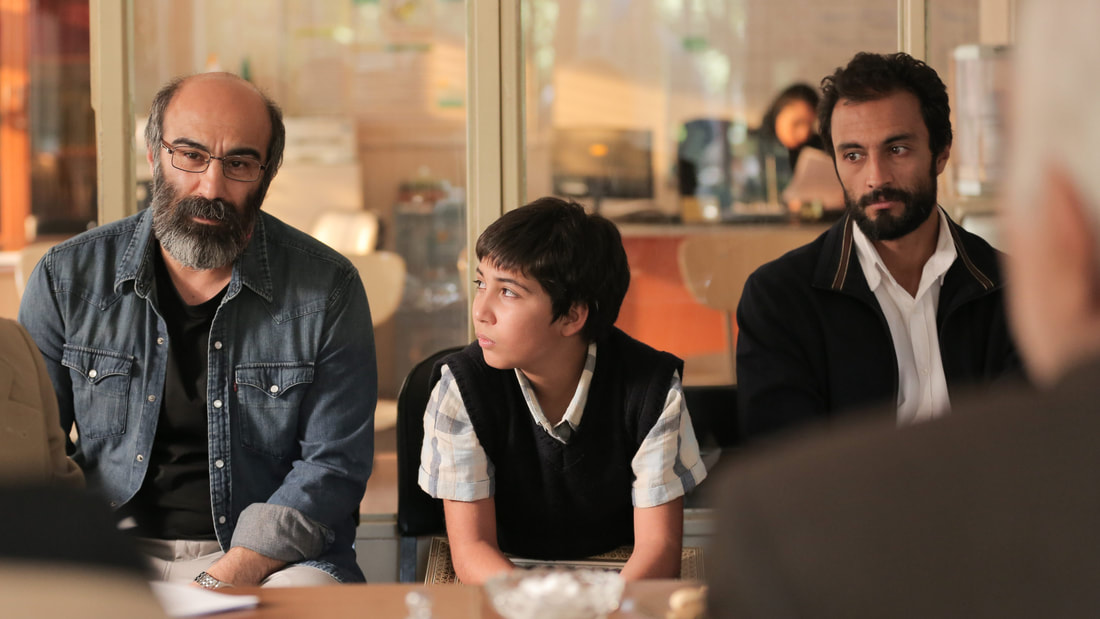
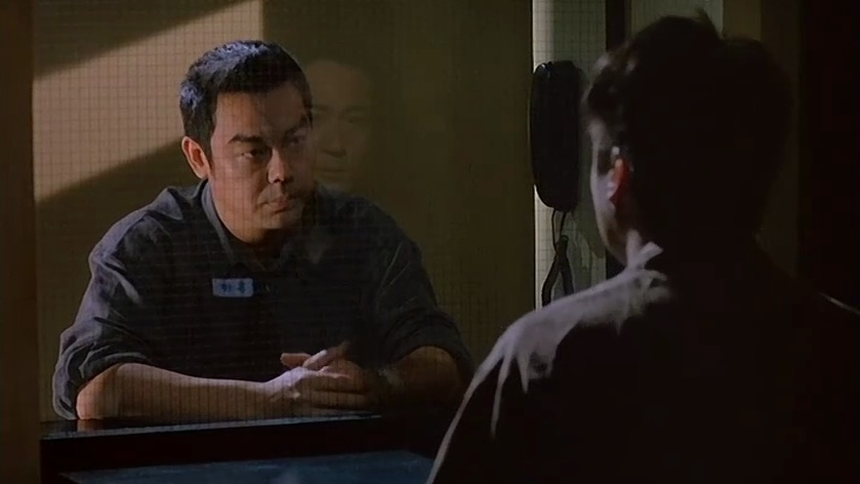
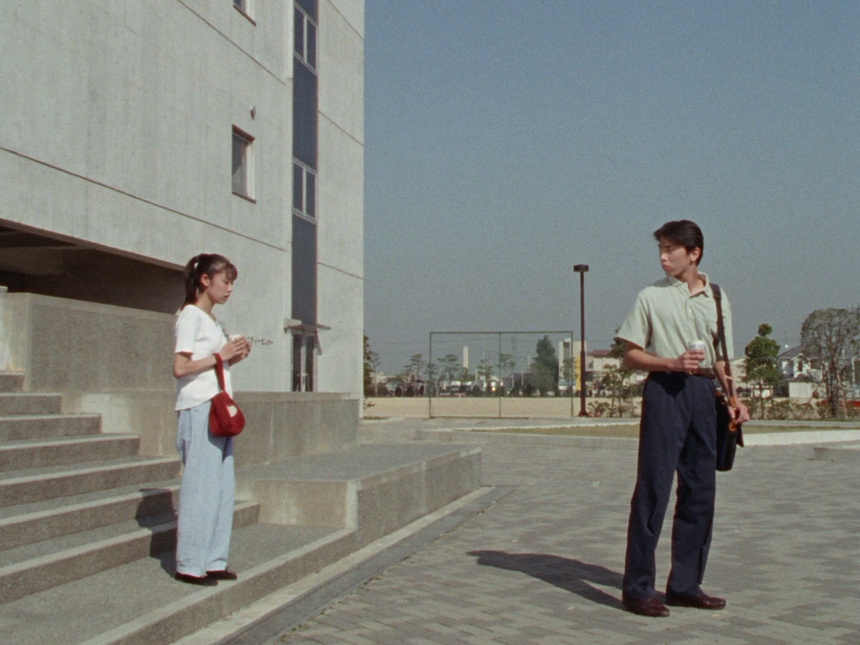

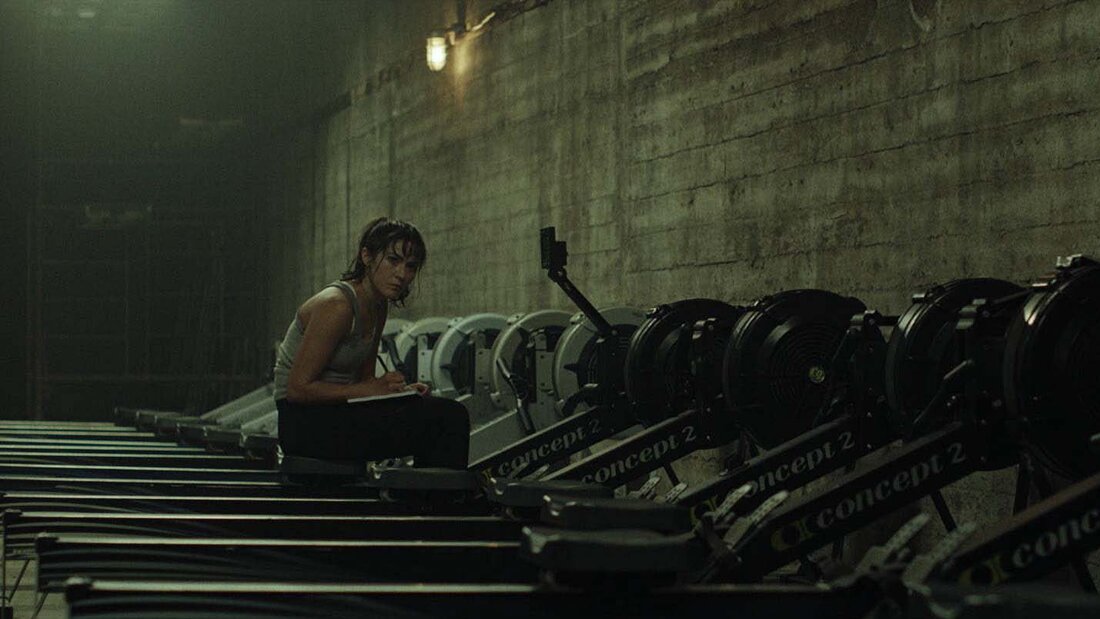
 RSS Feed
RSS Feed
